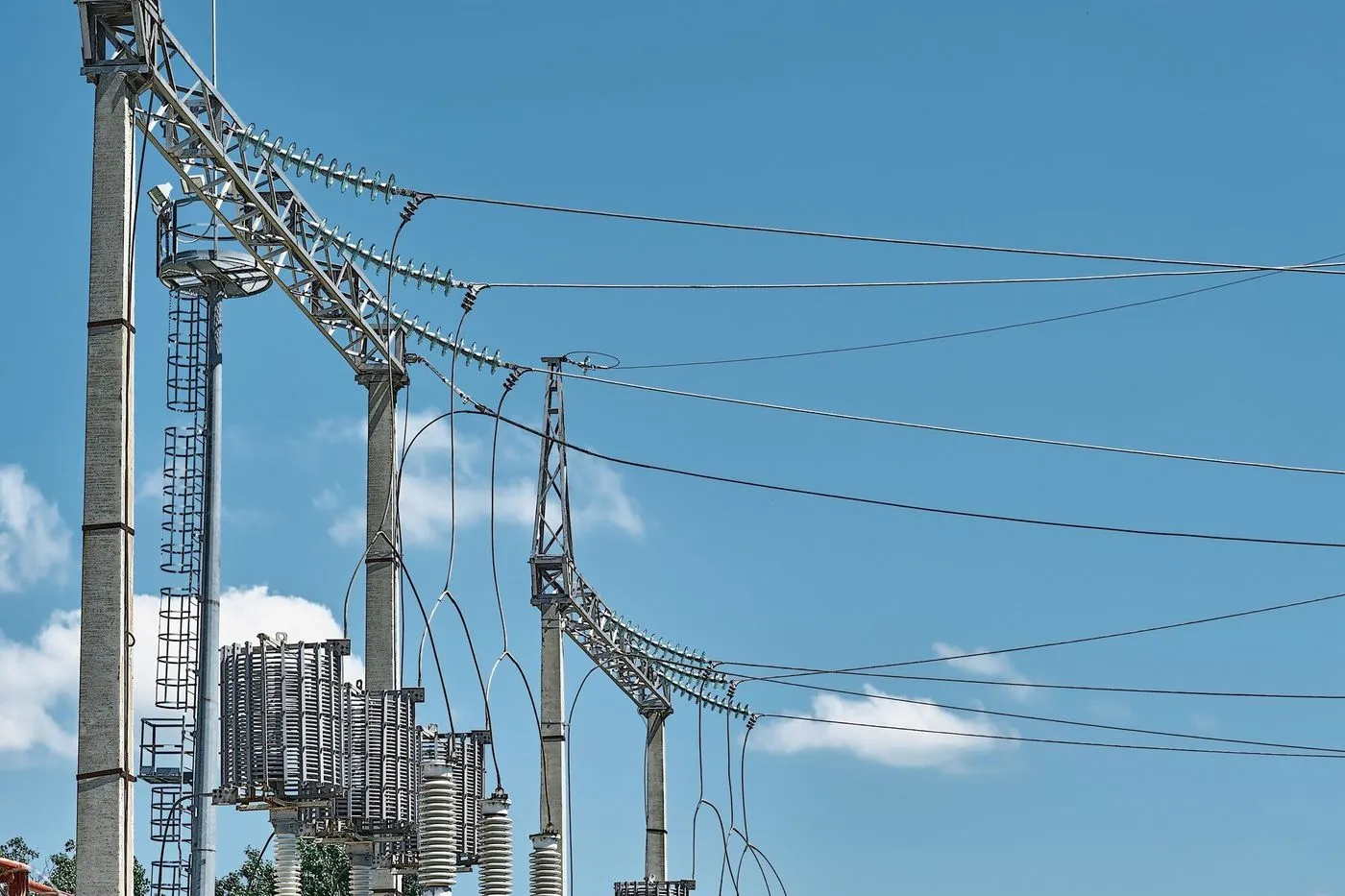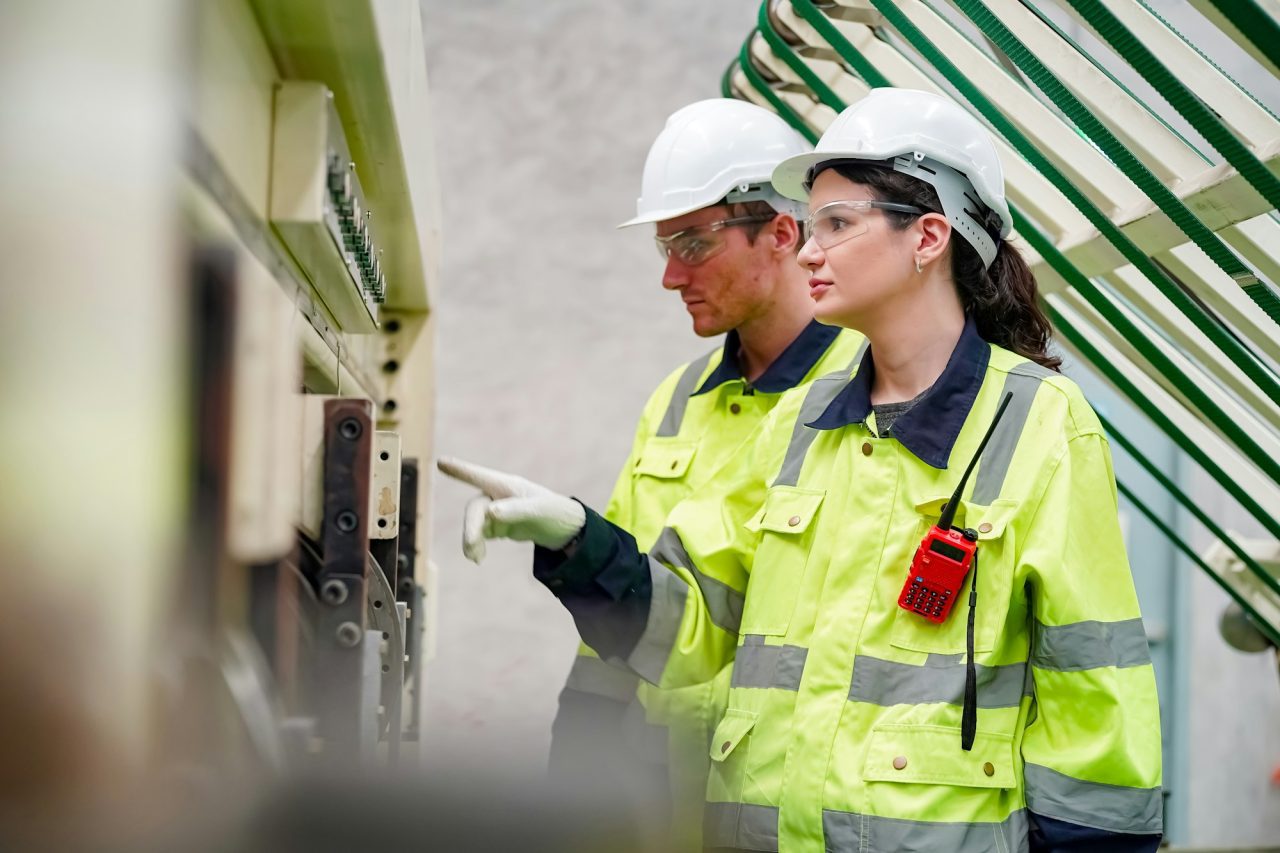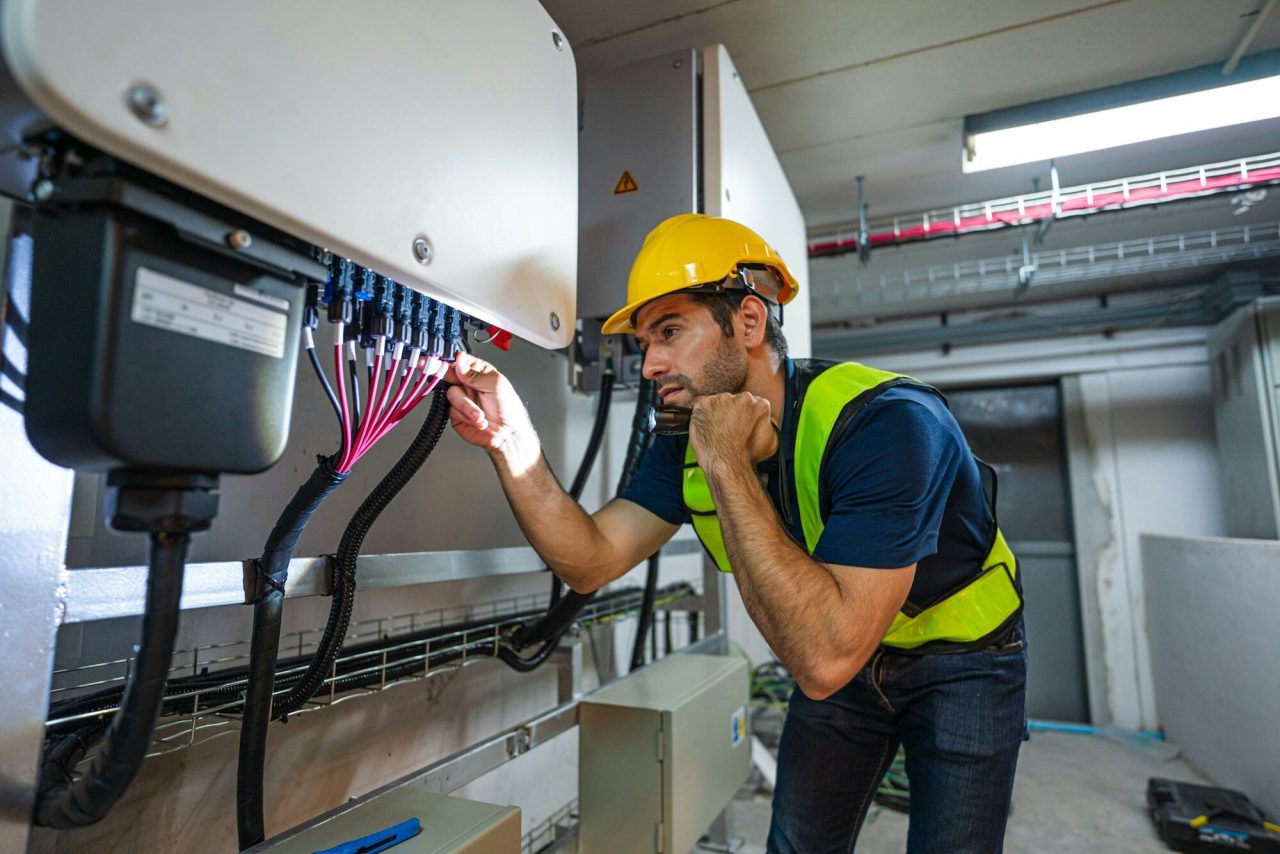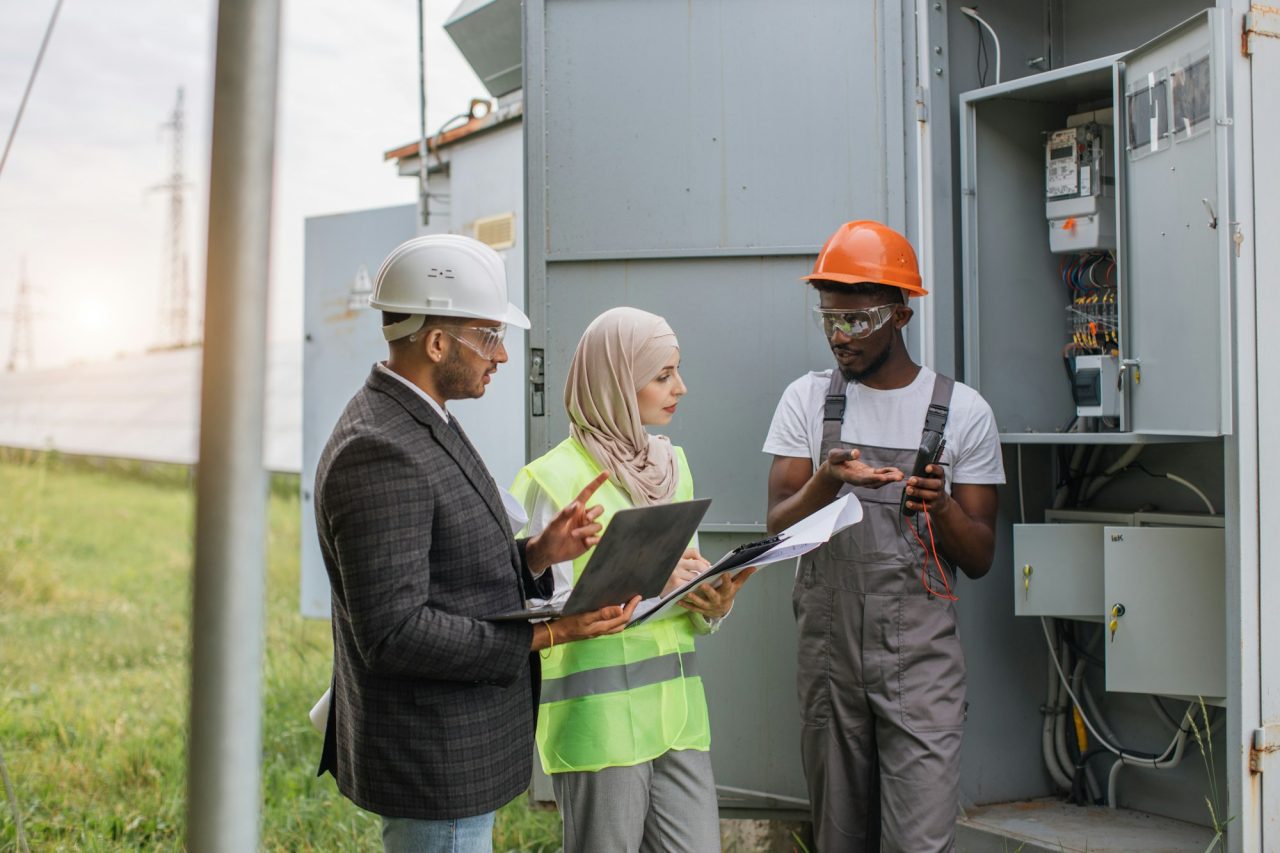Power construction plays a crucial role in fostering economic growth and improving quality of life. It involves the development of electrical infrastructure, including power plants, transmission lines, and distribution networks, to ensure reliable and efficient energy supply. As the demand for electricity continues to rise with urbanization and technological advancement, the importance of robust power construction becomes more evident.

Modern power construction emphasizes sustainability and innovation. Renewable energy sources such as wind, solar, and hydroelectric power are increasingly integrated into the grid, reducing reliance on fossil fuels and minimizing environmental impact. Additionally, smart grid technology enhances the efficiency and stability of electricity distribution, allowing for better management and reduced transmission losses.
Safety and environmental protection are also vital considerations during construction. Engineers and workers follow strict standards to prevent accidents and minimize ecological disruption. Furthermore, the development of smart and flexible grids ensures that electricity is delivered consistently, even during peak loads or emergencies.
In conclusion, power construction is fundamental to developing a resilient and sustainable energy system. It not only supports economic development but also promotes environmental conservation, making it a cornerstone of modern society’s progress. Continued innovation and adherence to safety standards will ensure a brighter, more sustainable future for all.








